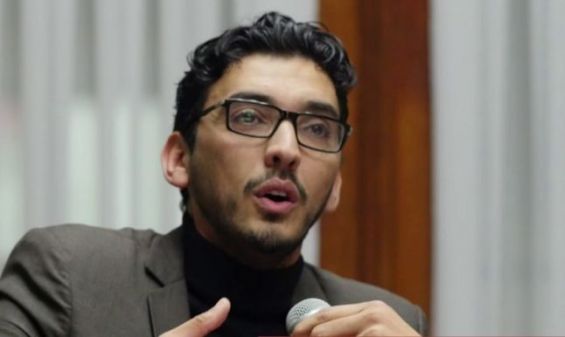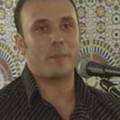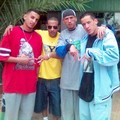Moroccan-Belgian Farid El Asri is a man with a busy schedule. The 47-year-old is a researcher, anthropologist at the University of Louvain, an associate professor at the Sciences Po Rabat, president and co-founder of the European Muslim Research on Islamic Development (emridNetwork), visiting professor in Granada, and a member of a scientific committee on Islam in Europe at the University of Padua in Italy.
Born in Brussels, Farid El Asri studied Islamology, Judaism and Arabic. In 2012, one year before the Arab Spring and the 20 February Movement erupted, he decided to settle down in the Kingdom. «They were things that made me think that a real economic and social change is about to come and I felt real good about it at the time», he told Yabiladi on Friday.
«I had the opportunity to work on a project with the International University of Rabat, which I found daring. It was in line with my state of mind at the moment», added the professor.
Once in Morocco, Farid El Asri enjoyed meeting Moroccan students and appreciated their ability to learn quickly. «I was surprised by their great will, their curiosity and enthusiasm despite all the difficulties some of them have to go through».
Childhood memories
Although he was able to make a career in Belgium, where he teaches didactics of religions at the University of Louvain and Saint-Louis University, El Asri remains attached to his roots, and most precisely Rabat.
«When I settled down in Morocco, I realized that the memories I held of the country were my parents' and by staying here, I started learning that what they told me about the Kingdom was really different from what I live now. I must admit that things have changed a lot», he told Yabiladi.
«I was born in a European environment so I can not get away from my past experiences. Obviously, I compare what I live here with what I have seen, learnt and experienced there. I have this European, western look, but it is quickly caught by the anthropologist that I am, who very quickly tends to contextualize», he added.
The anthropologist has been part of a religious dialogue in Europe for more than seventeen years and he has been interested in topics related to Islam in France and Belgium.





 chargement...
chargement...













